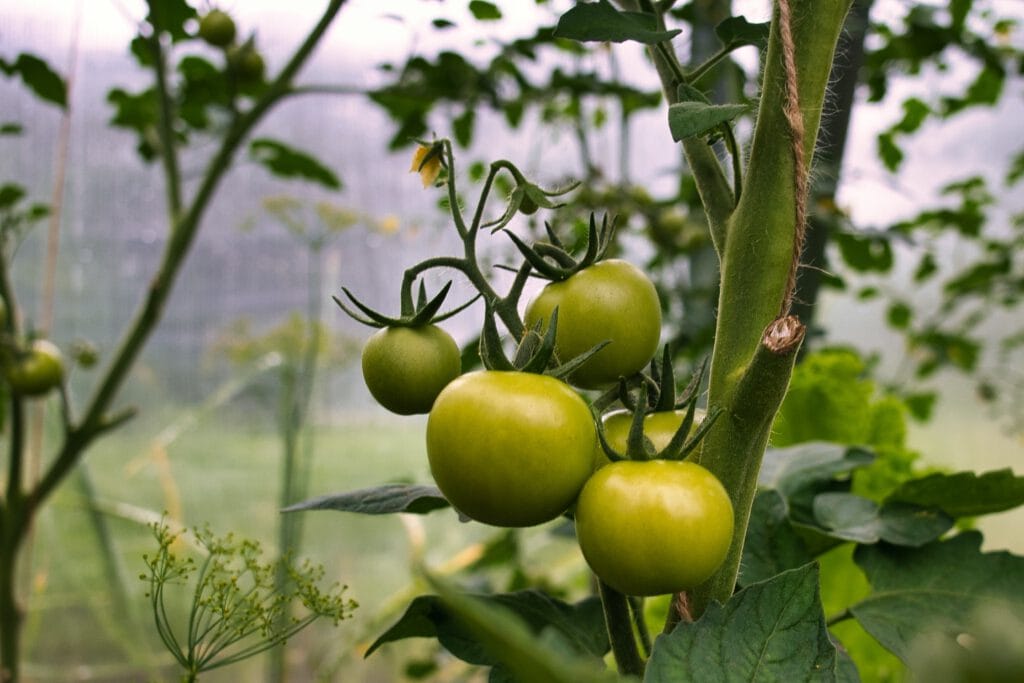Let’s assume the world is an enormous skyscraper. If that were the case, most people would live on the floors in the middle and then aspire to move upwards. They would slave away to maintain their position and pay for their children’s education, so they might one day be able to move to a higher floor – up where there are balconies and a good view.
Even the lower floors have guaranteed provisions – they have heating and enough food to eat, only occasionally are there power cuts and every now and then, the taps might spit out something brown. The further up you go, the more luxurious the furniture, the crockery, the chandeliers. Silk sheets and walls covered in art. The food is more refined and some can afford to employ staff from the lower realms.
But all of them are intrigued by the luxury lifestyle of those living above them. The media report incessantly about who among the elite is suffering from a broken heart or planning a wedding. There are actually golf courses, sports facilities, swimming pools and even a race track and a mud wrestling ring on the roof. Residents celebrate decadent parties, take drugs and have just one adversary: boredom. Every once in a while, the floors provoke each other so it ends in a fight. People call for patriotism and instil in everyone a fierce sense of pride in their floor. Those in the upper floors refer to a divine order, and a floor of preachers commands everyone to recognise that beneath all of it lies a higher will. Layers of management govern life with laws and security staff ensure culture and discipline, but they live further below.

During the planning phase, the top floors had been intended for forests, fields and lakes. They were designed for chirping birds, mooing cows and galloping horses, but before long there was barely any room left for farm animals belonging to the residents of the upper floors, and all the others had to be put in stalls in the basement, confined to nesting boxes, fed with chemicals and artificial light. The poorest of the poor live alongside them, fighting over the waste in the rubbish rooms. Sometimes there are riots that don’t result in anything because even the people in the lower middle floors say that those right at the bottom are to blame for their own misfortune – lazy, work-shy and addicted to their vices.
The young people, who warn that the skyscraper will soon collapse and block the lifts and stairs in protest, are abused and moved further down for discipline reasons. But they’re right. At some point, the farm animals die, and soon there are none of them left. The greenhouses, which have been relocated to dark rooms, aren’t yielding anything. And so resentment grows, the upper floors are raided one day, the racehorses and greyhounds belonging to the rich are eaten, the gazebos and saunas are burnt down, and classic cars are blown up. Now what reigns is violence and anarchy. As the end draws near, people from the bottom rise up. They are tattered creatures, yet well-nourished. In the basement, they have squeezed the juice from rotten fruit, prepared vinegar and brewed beer. They have stuck together and worked, grown mushrooms, cultivated potatoes and corn, created insect breeding and made fruit preserves. Animal manure makes for a suitable fertiliser, and thanks to a sophisticated system of mirrors, it’s even possible to illuminate the gloomiest of basement rooms.

And that’s how, time and again, survivors manage to save their home. How long it takes is another story. When it comes down to it, people always come up with something. Hopefully. But the world isn’t a skyscraper, and this text isn’t a fairy tale. Or is it?
About FRANZOBEL
FRANZOBEL is an Austrian author. He has published numerous plays, prose and poetry. His plays have been shown in Mexico, Argentina, Chile, Denmark, France, Poland, Romania, Ukraine, Italy, Russia and the USA, among others.
His great historical adventure novel “Das Floß der Medusa” (Zsolnay-Verlag) was awarded the Bavarian Book Prize 2017 and was shortlisted for the German Book Prize 2017.


iThere are no comments
Add yours